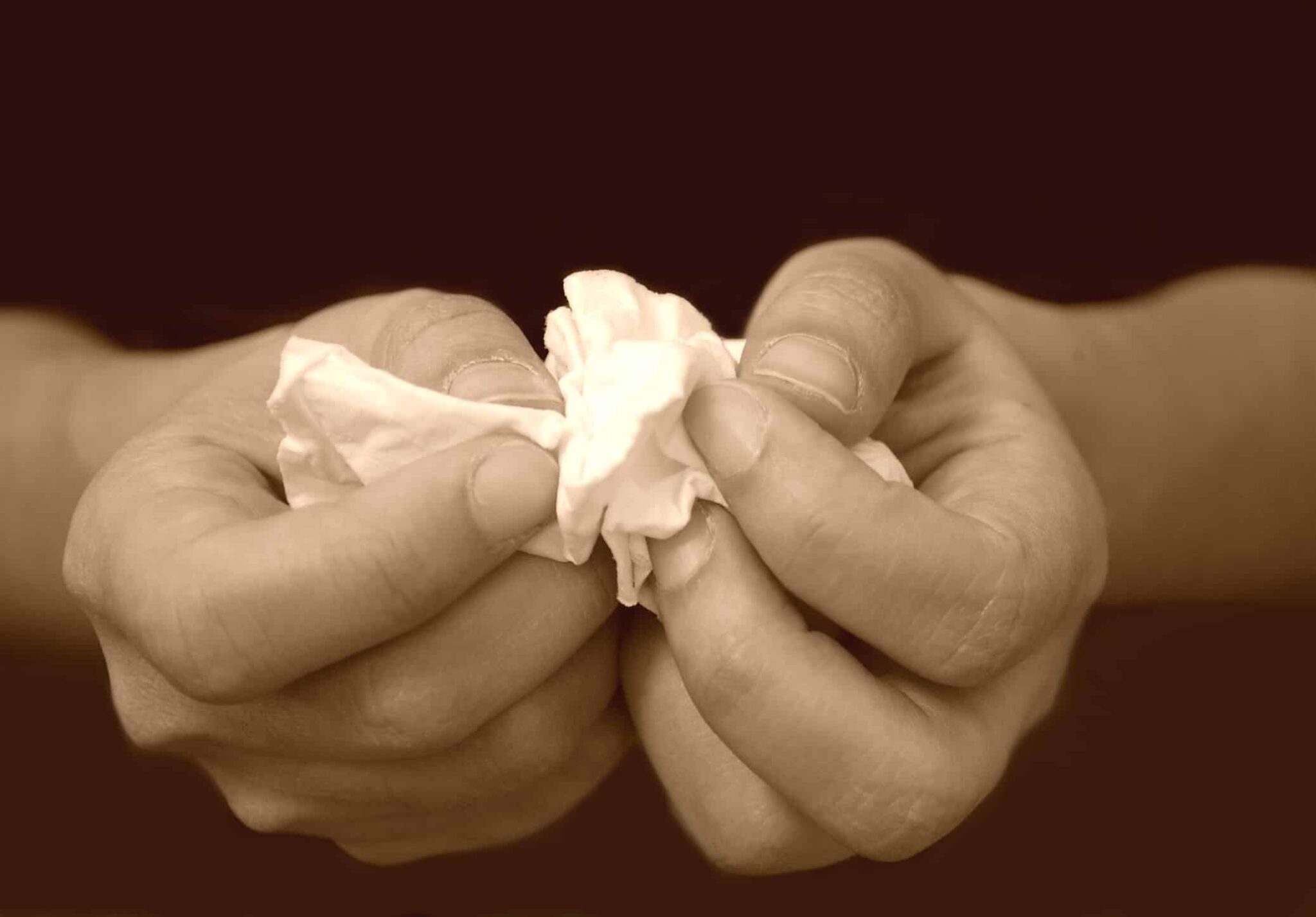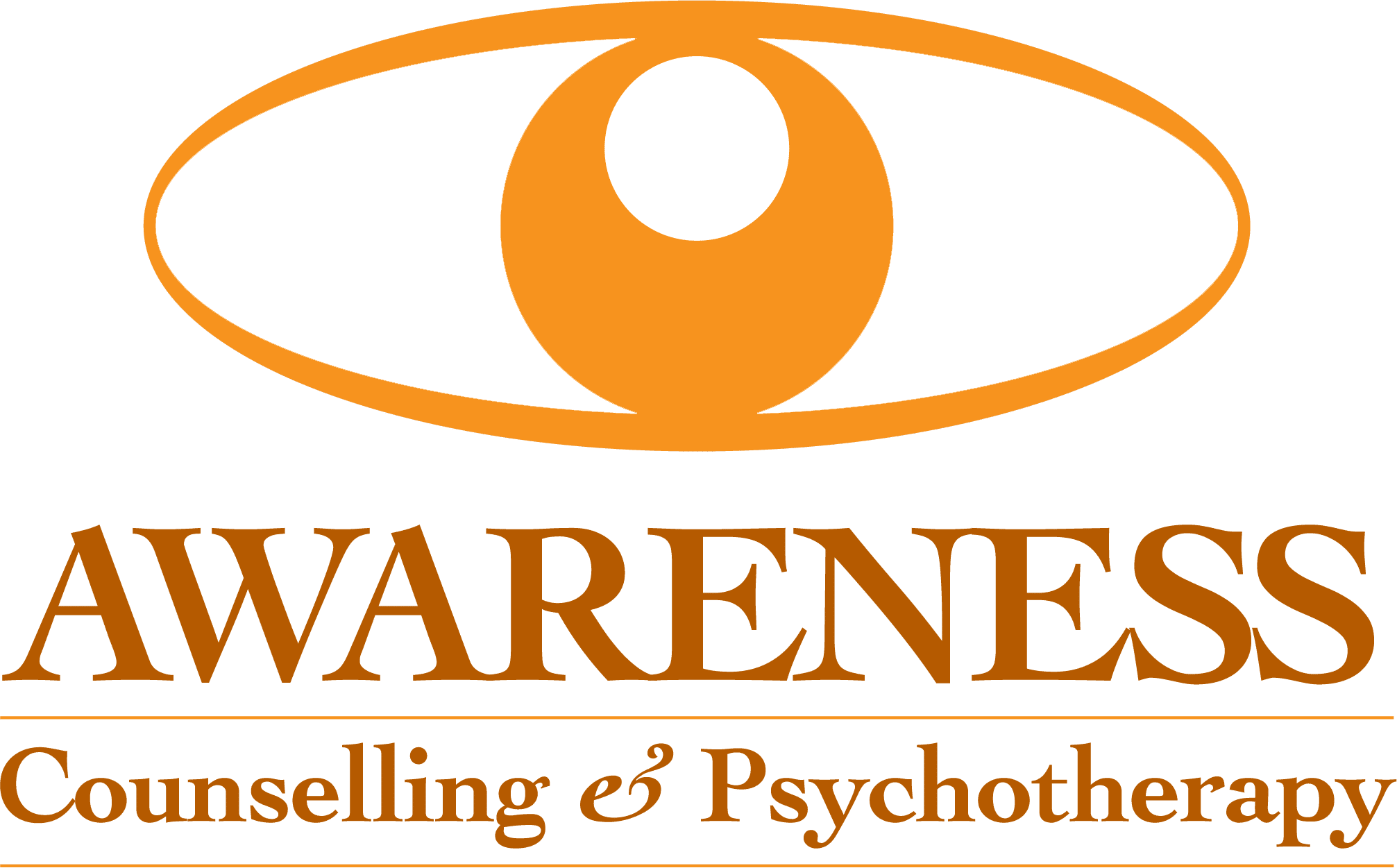
Grief
The death of someone we love is one of the greatest losses that can occur. However, feelings of bereavement can also accompany other losses, such as the loss of our health or the health of someone we care about, or the end of an important relationship, through a divorce, for example. Grief is a normal, healthy response to loss. Therapy can help with identifying what stage of grief you are in and help you to work through it.
Grief is unique to everyone
Everyone feels grief in their own way, but there are certain stages to the process of mourning. It starts with recognizing a loss and continues until a person eventually accepts that loss. People’s responses to grief can depend upon the circumstances of the death or the loss. If the person who died had a chronic illness, the death may have been expected. The end of the person’s suffering might even have come as a relief. If the death was accidental or violent, murder or suicide or the loss was sudden, then coming to a stage of acceptance could take longer.
Someone to be with you through your grief
Knowing our stages of grief can help normalize our experience. It’s also important to know that there are no time limits and no rushing the process, there is nothing we can do to hurry it along. But this, like everything else, will eventually pass.
All this is done in private, confidential one-to-one sessions.

Stages of Grief
The stages of grief are listed below, but bear in mind this is not a case of us going through one and into the next and so on. We can be in different stages at different times.
1. Denial
Even though we know the relationship is over, we really don’t believe it. We go around doing our day-to-day business, trying to make things normal and deny how we truly feel because it is too painful. True therapy, we can allow ourselves to slowly and safely come to terms with the loss.
2. Anger
Anger can be directed toward the person for leaving the relationship or through a loved one’s death, even though their death might not have been their fault. Angry at God or the universe, angry at people or situations associated with the breakup. In anger, we can make decisions that ultimately end up hurting ourselves and others. Working through and safely expressing this anger in therapy can help avoid those hurts!
3. Bargaining
Bargaining happens when the pain we feel is too much and we will begin to bargain with our loved one to come back to us if a relationship has ended or bargaining with the universe or God to make it alright.
4. Depression
Depression is feeling tired all the time, not wanting to do anything but lay in bed, feeling disconnected from people even when we’re around them, being on the verge of tears most of the time, having trouble sleeping or sleeping too much, loss of appetite or overeating, increase in drug or alcohol use. We can believe that nothing will ever be or feel different than it is right now. We can feel like we will never move on and that nothing will ever work out for us in the future. Talking and expressing how we are will release the pain and allow us to move on.
5. Acceptance
Here we are able to make peace with the loss. It doesn’t always come on suddenly; it often happens gradually, little by little, having jumped from stage to stage and back again. In acceptance, it doesn’t mean that we are now completely free of the pain of the loss. Every time we think of the person or the loss, it will hurt. We can however make peace with the loss, letting go of the relationship and slowly moving forward with our lives. Being in the present and looking forward de-intensifies the feeling of grief and the memory starts to hurt less.













